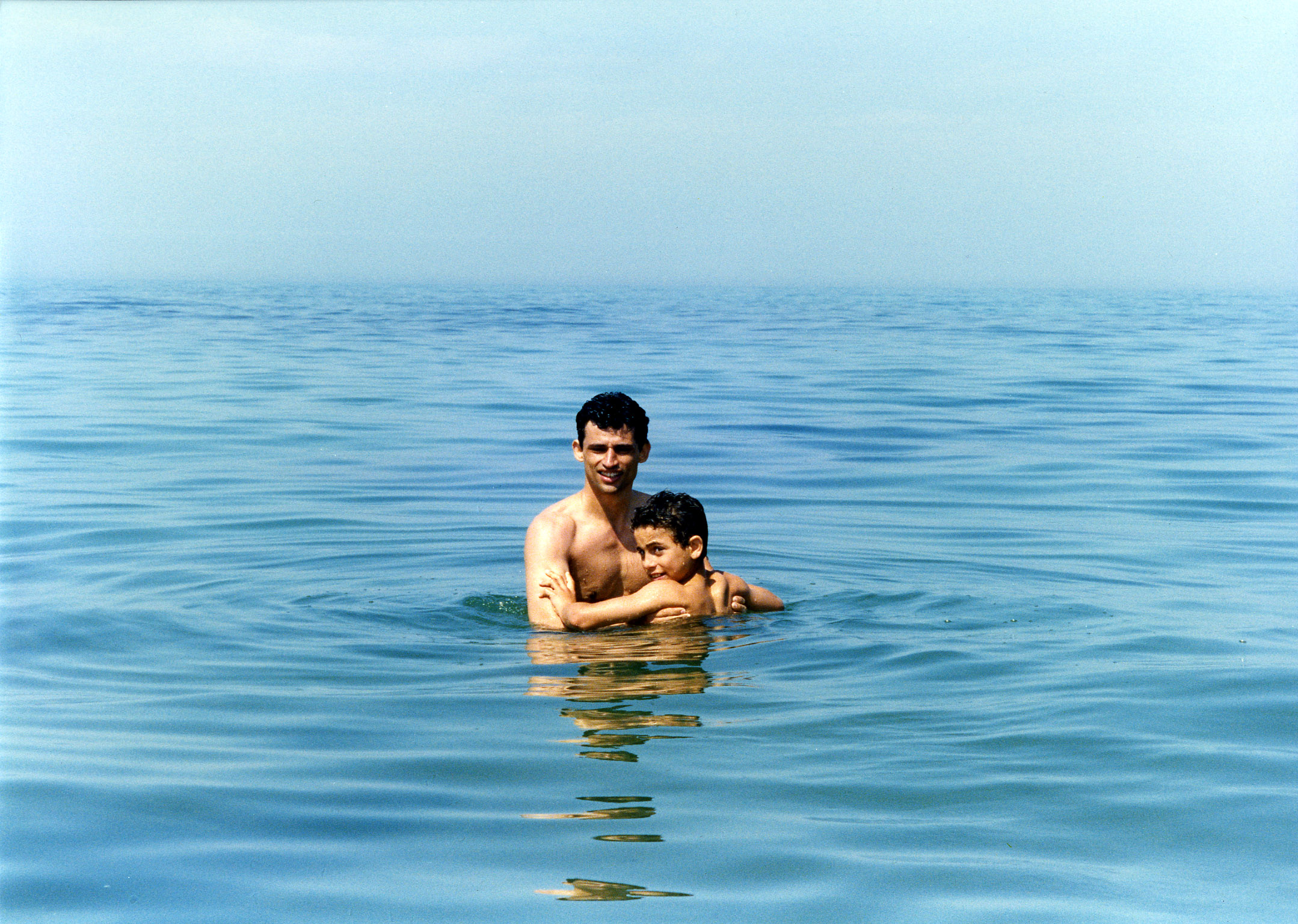In the realm of cinema, there exist certain films that not only captivate audiences but also leave an indelible mark on their hearts and minds. Gianni Amelio’s masterpiece, “Il Ladro di Bambini” (The Stolen Children), undoubtedly belongs to this category. Released in 1992, this Italian neorealist drama film remains a poignant exploration of human compassion, societal indifference, and the complex interplay between innocence and experience.
Set in Southern Italy, the narrative of “Il Ladro di Bambini” follows the journey of 11-year-old Rosetta and 9-year old Luciano who live with their mother in the housing projects of Milan, internal migrants from Sicily, they face prejudice in their adopted city. Their mother is unemployed and their father has long since abandoned them. For the past two years, the mother has hired her daughter out as a prostitute. After the mother’s arrest, the children are destined to be sent to a Catholic orphanage in Civitavecchia, near Rome. Two Carabinieri, the rookie Antonio and an older man named Grignani are assigned the thankless task of escorting the children there by train.
Amelio masterfully crafts a tale that transcends geographical boundaries, delving deep into the universal human condition. We witness the stark realities of poverty, neglect, and societal apathy that plague the lives of these children. Each encounter along the journey serves as a microcosm of the broader socio-economic disparities entrenched within Italian society, as well as a reflection of the pervasive indifference that often accompanies them.
Central to the film’s narrative is the evolving relationship between Antonio (Enrico Lo Verso), burdened by disillusionment, and his young and idealistic counterparts. As they navigate the labyrinthine streets of Sicily, the interactions with the children force them to confront their own preconceived notions and reevaluate their understanding of empathy and responsibility. Enrico Lo Verso, Valentina Scalici and Giuseppe Ieracitano deliver powerful performances, infusing their characters with depth and vulnerability, thus lending authenticity to their emotional journey.
At its core, “Il Ladro di Bambini” is a meditation on the dichotomy between innocence and experience, as embodied by the children themselves. Through their eyes, we are reminded of the fragility of childhood and the resilience of the human spirit in the face of adversity. Despite their circumstances, these children retain an innate sense of hope and wonder, serving as beacons of light amidst the darkness that surrounds them.
Amelio’s directorial prowess is evident in every frame of the film, as he skillfully balances moments of heart-wrenching poignancy with subtle instances of levity and grace. The cinematography, characterized by sweeping landscapes and intimate close-ups, serves to immerse the audience in the rich tapestry of Sicilian culture, while the evocative score by Franco Piersanti underscores the emotional depth of the narrative.
“Il Ladro di Bambini” stands as a testament to the power of cinema to provoke introspection and foster empathy. By shedding light on the marginalized and disenfranchised members of society, Amelio implores us to confront our own complicity in perpetuating systems of injustice and inequality. In doing so, he challenges us to embrace our shared humanity and strive towards a more compassionate and inclusive world.
Watch the movie on Movieitaly+
Read more articles here!






